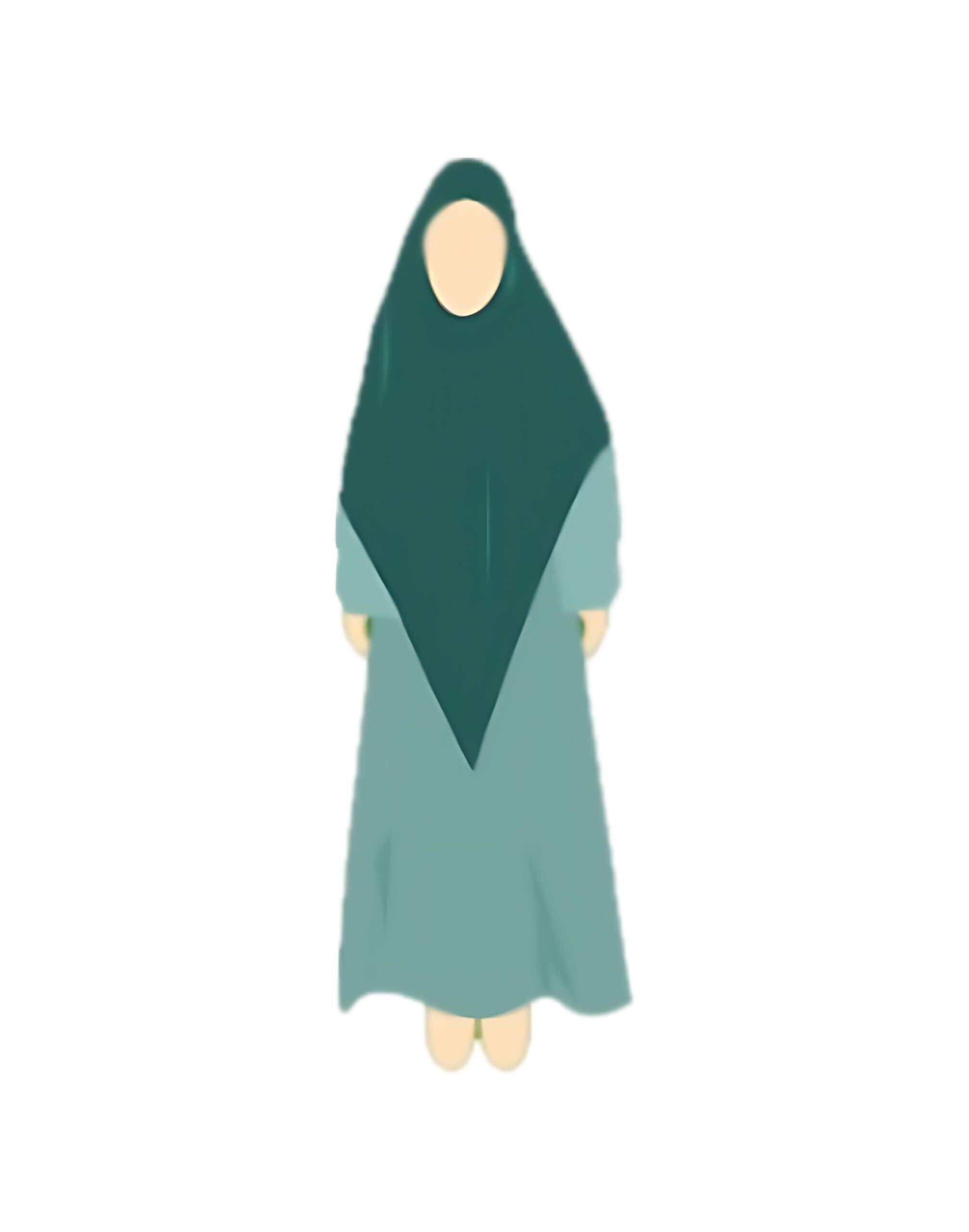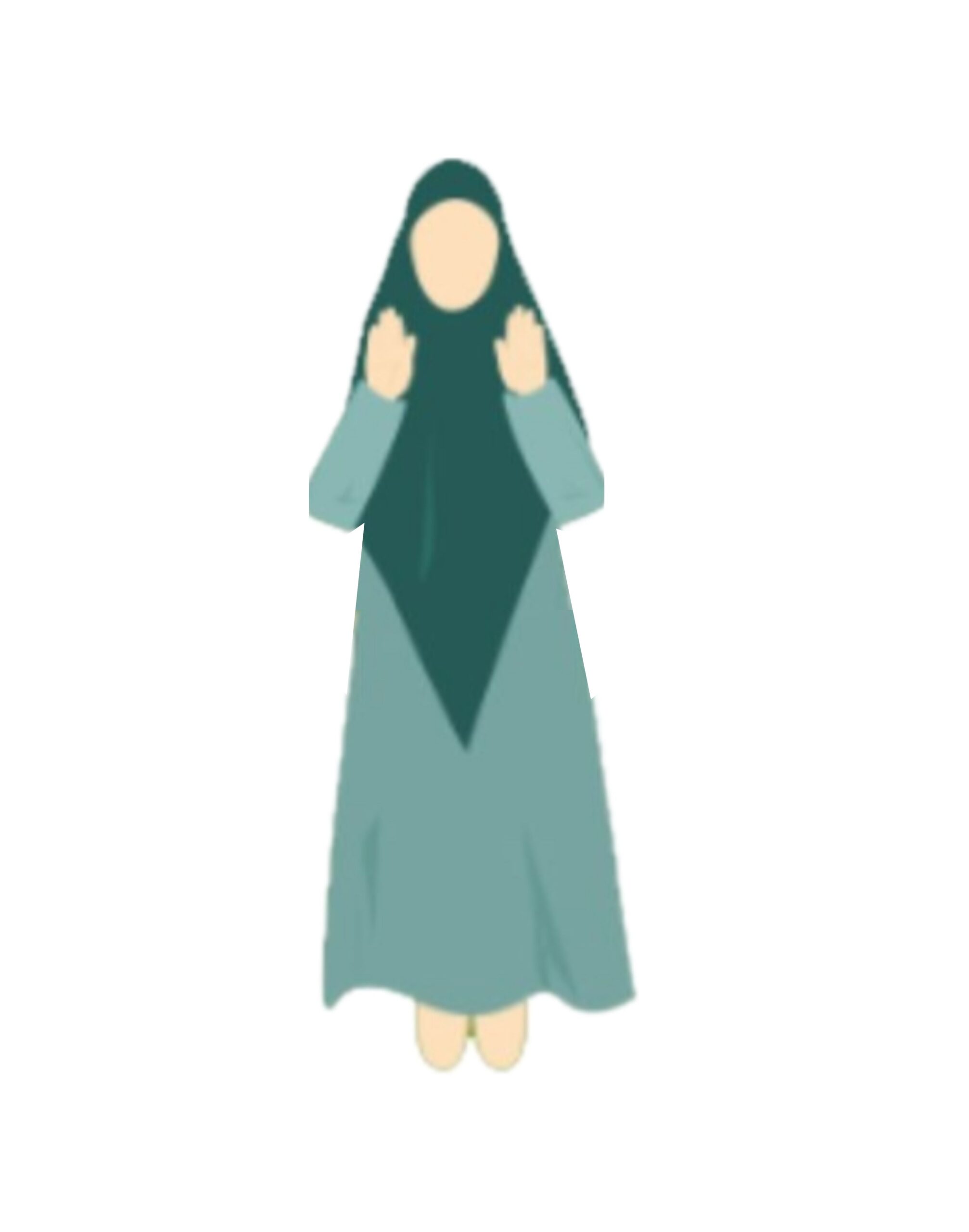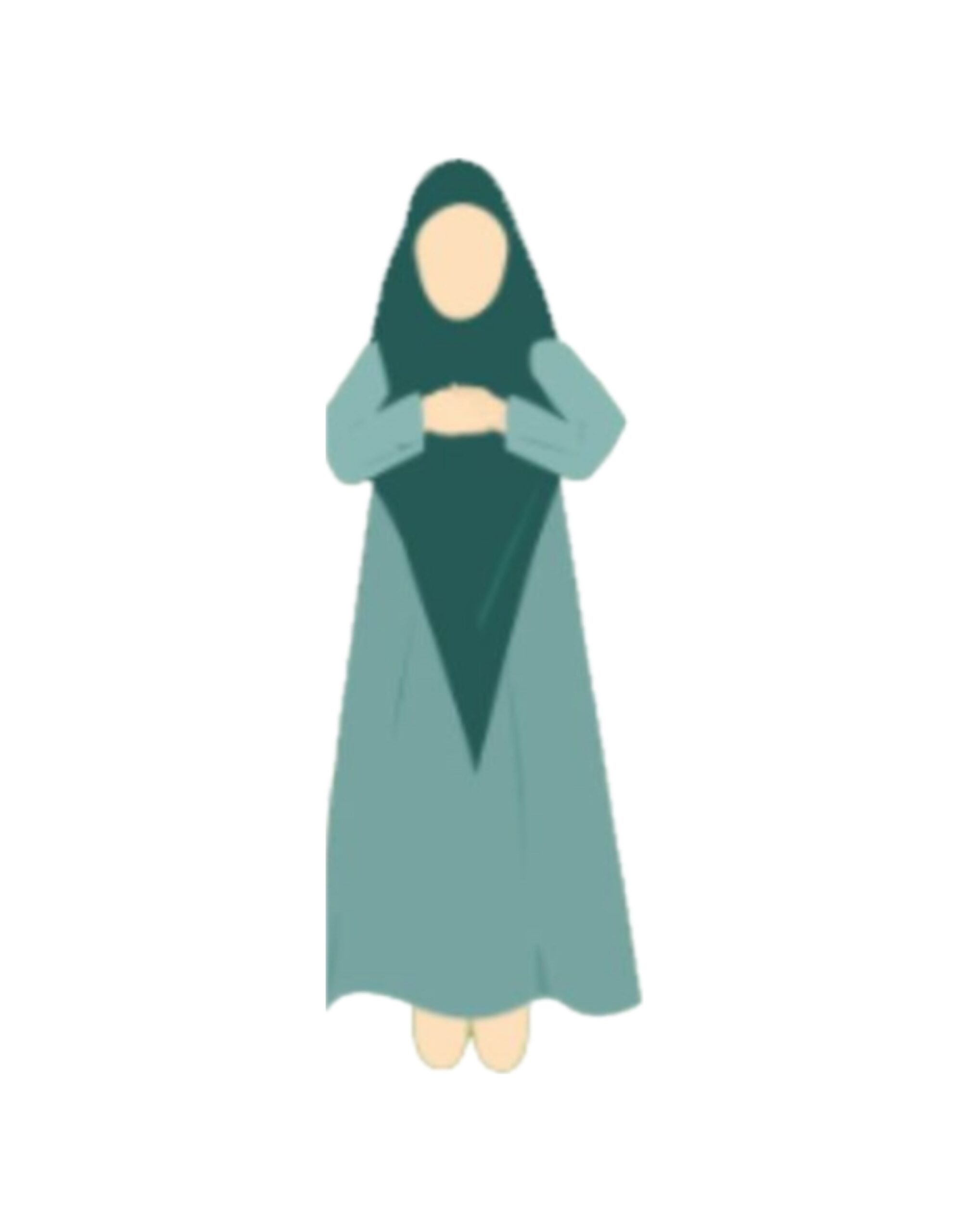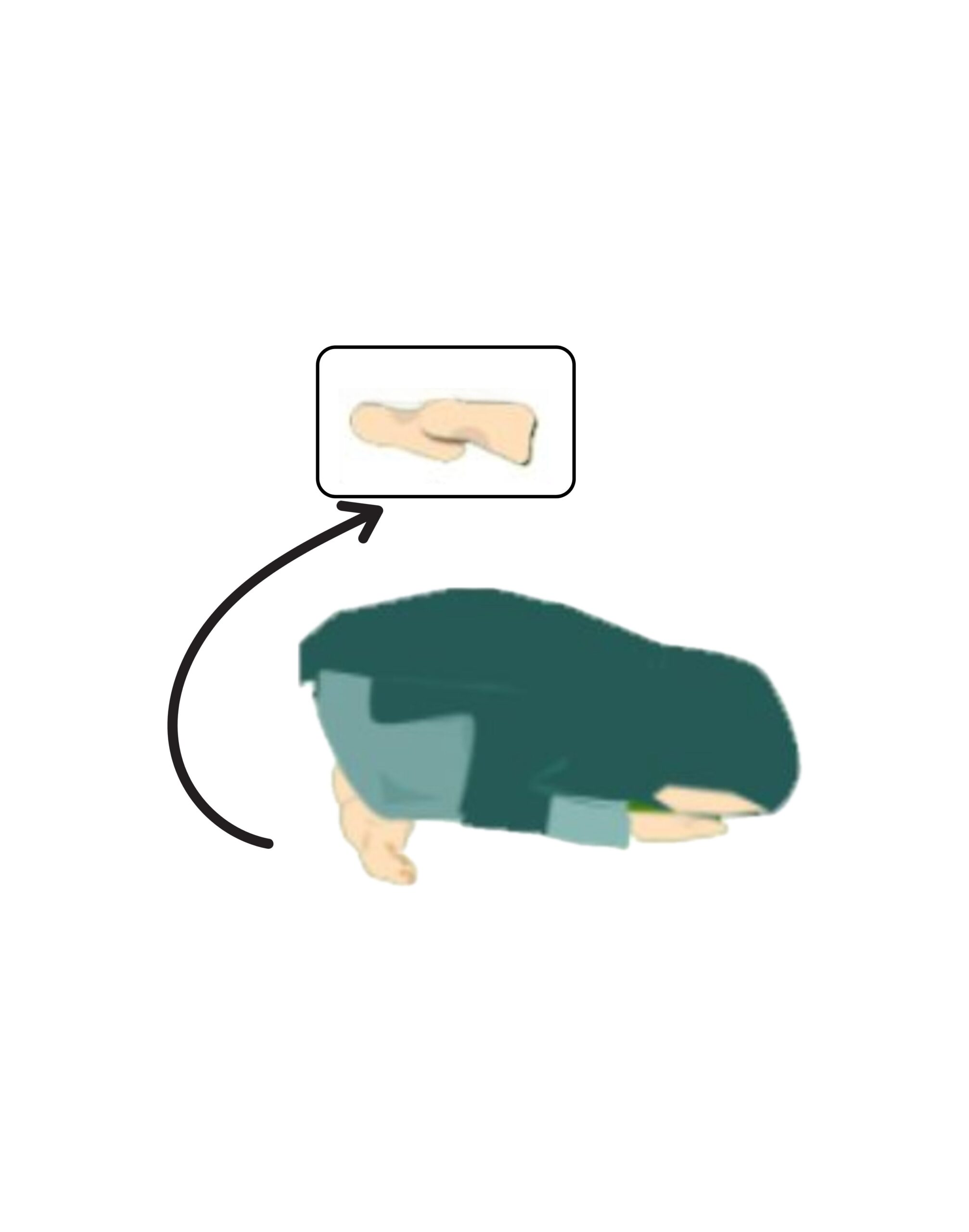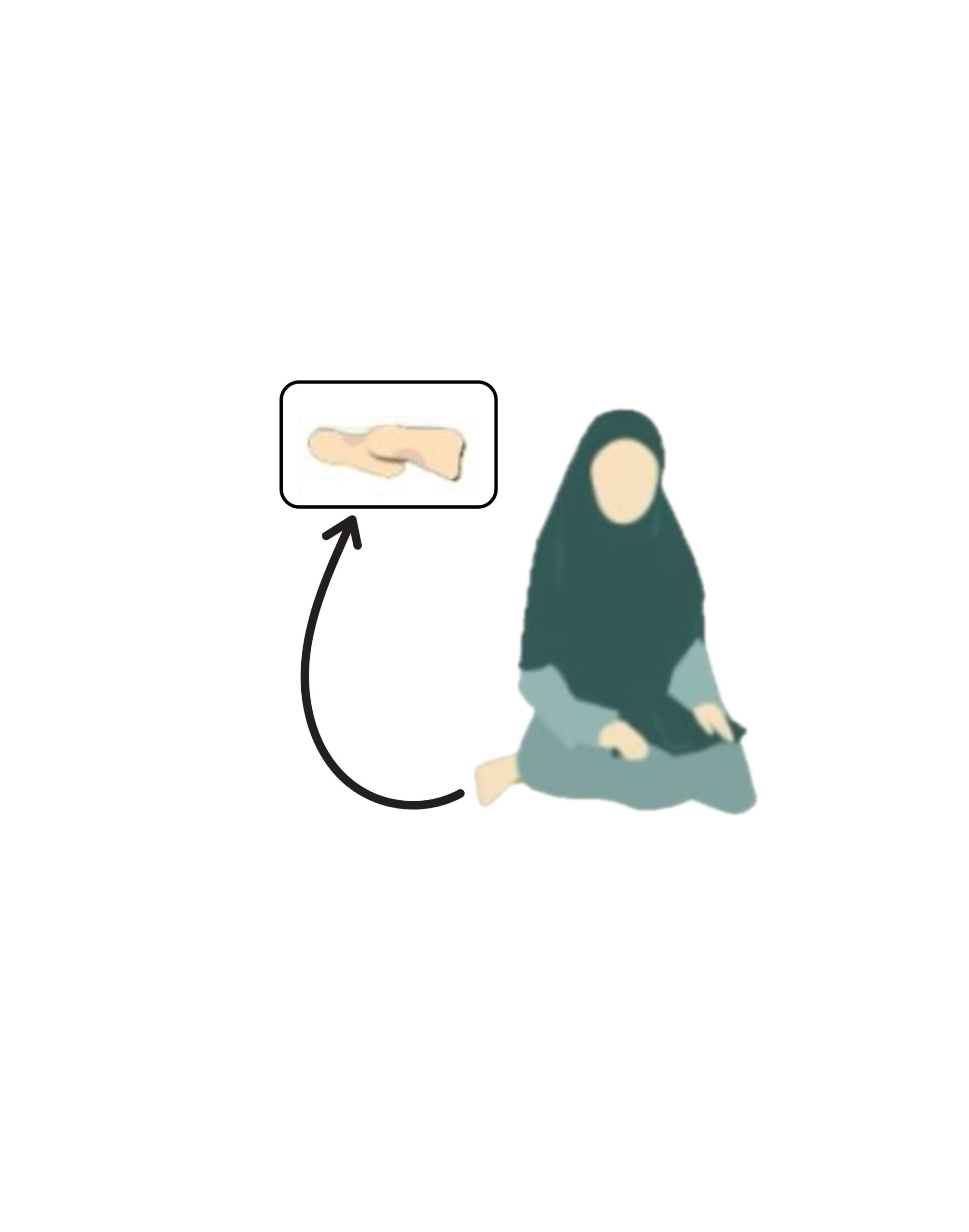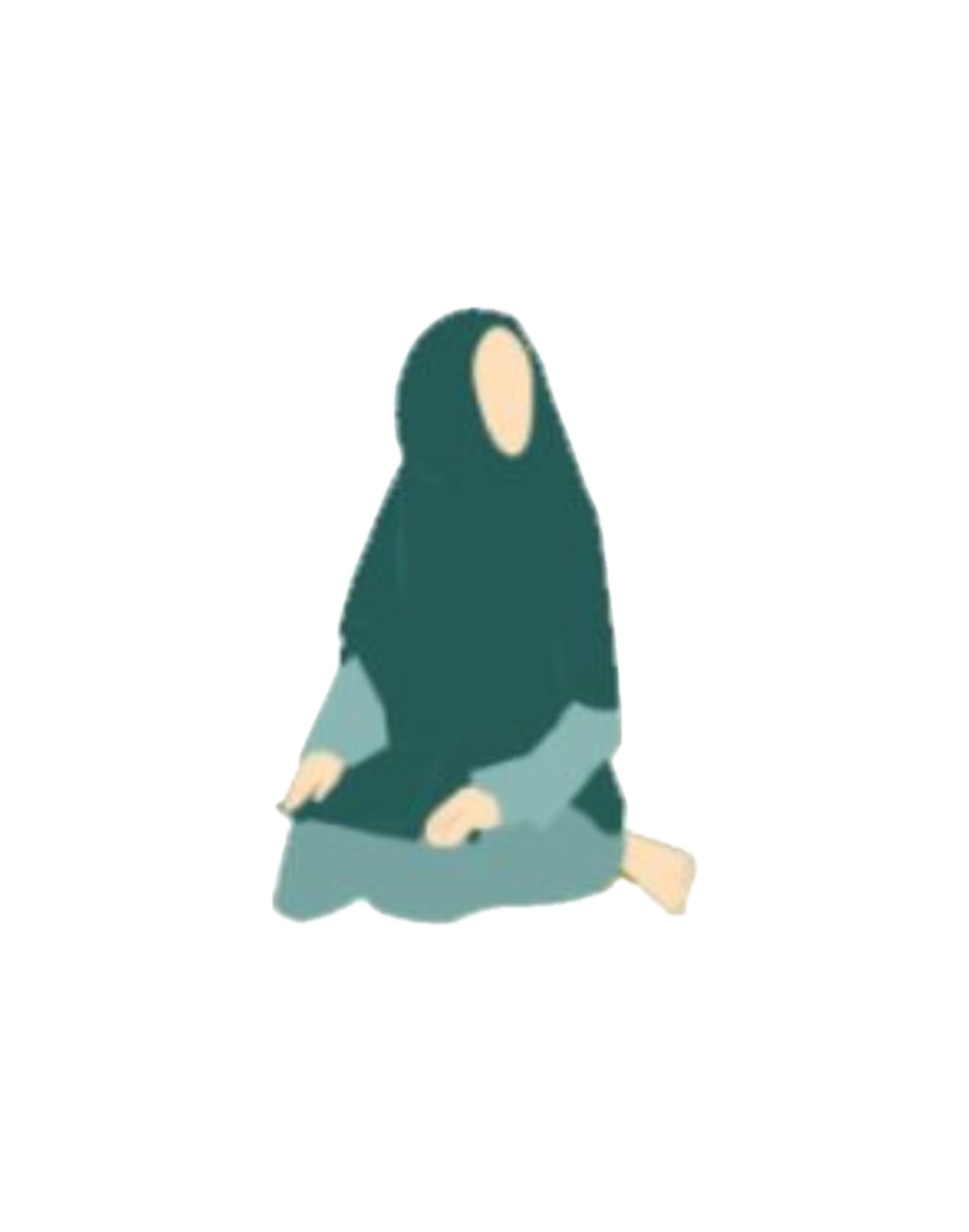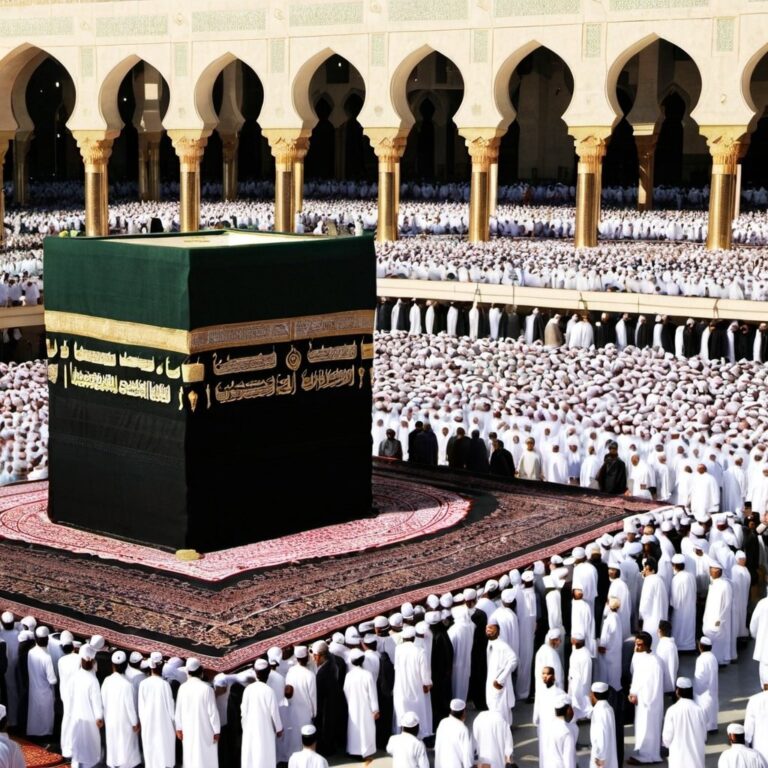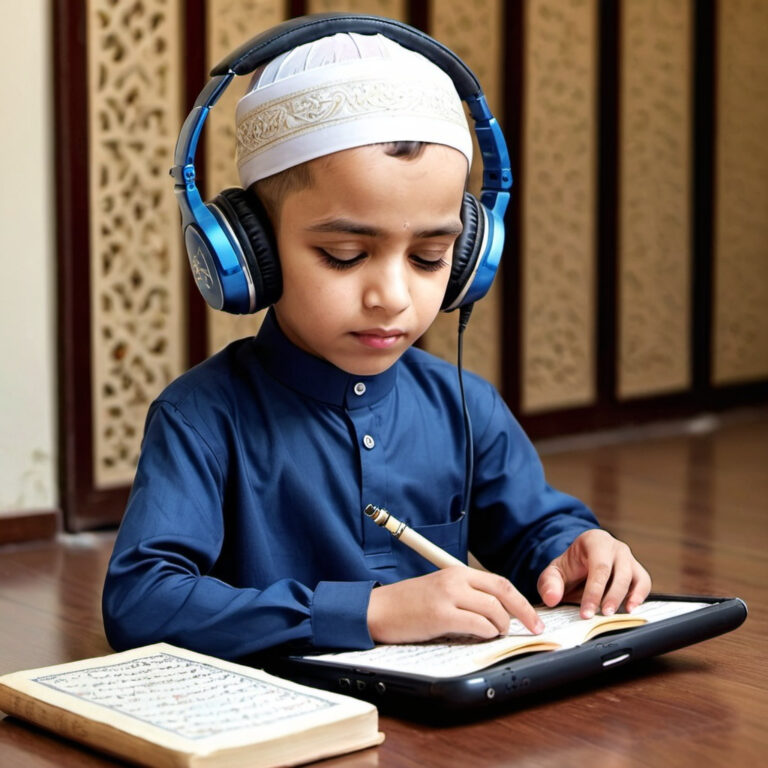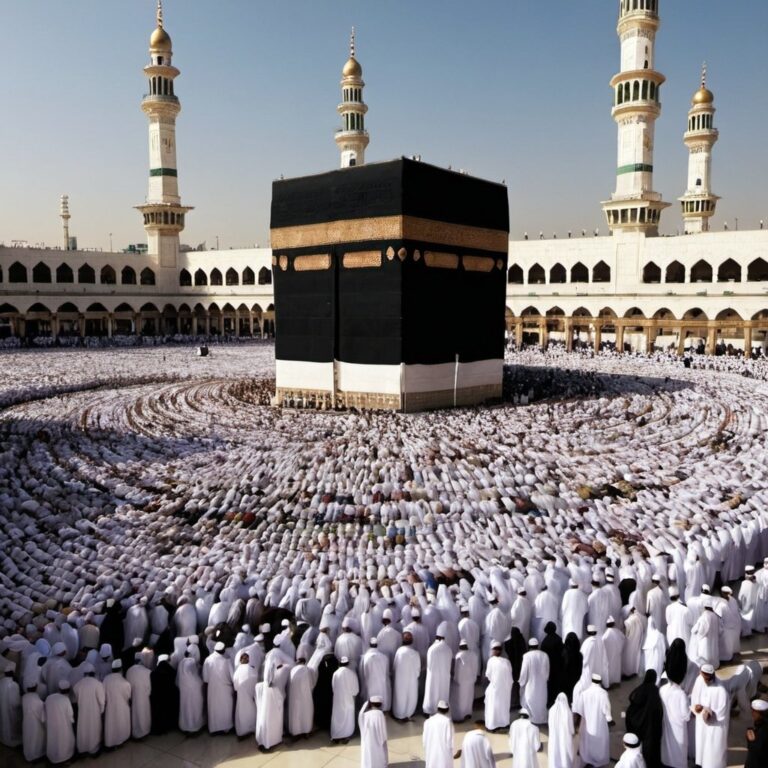How Do Women Perform the Namaz?
One of the main tenets of Islam is Salah, or Namaz, which is a crucial act of prayer. Women can establish a spiritual connection with Allah and derive great significance from practicing Namaz. The goal of this post is to give women a thorough explanation of how to perform Namaz correctly.
Namaz’s significance in Islam:
A believer and Allah might communicate directly during the namaz. It acts as a daily reminder of one’s adherence to Islam and faith. Regular participation in Namaz helps women develop a sense of spiritual discipline, awareness, and devotion to Allah.
Knowing the Fundamentals of Namaz:
Purity of Ritual (Taharah):
It is imperative that women conduct Wudu (ablution) to ensure ritual purity before to performing Namaz. Wudu is performing a ritualistic washing of the hands, face, arms, feet, and head with water, as instructed by the Prophet Muhammad (peace be upon him).
Orienting yourself toward the Qiblah:
Women should face the Qiblah, or the direction of the Kaaba in Mecca, during Namaz. It represents consistency and unity in worship, uniting Muslims all around the world in their adoration of Allah.
Goal (Niyyah):
Women should develop a firm intention (Niyyah) in their hearts to perform the particular prayer that Islam requires before beginning Namaz.
A Comprehensive Guide for Women to Perform Namaz:
Wudu / Ablutions:
Start with Wudu, making sure to thoroughly cleanse every area of the body that needs to be purified.
Positioned (Qiyam):
To begin the prayer, face the Qiblah and recite Takbiratul-Ihram, the opening supplication.
Ruku (bowing): Bend at the waist, put your hands on your knees, and utter at least three times the phrase “SubhanaRabbiyalAdheem” (Glory be to my Lord, the Most Great).
Sujood (prostration): Lower yourself to the ground and chant “SubhanaRabbiyalA’la” (Glory be to my Lord, the Most High) three times while putting your forehead, nose, palms, knees, and toes on the ground.
Qa’da and Jalsa are seated:
After a little period of sitting between the two prostrations, stand up and execute the second one. Complete the necessary prayer units, then close with the Tashahhud and Salam.
Particular Attention to Women during the Namaz:
Menstruation and Bleeding after Giving Birth:
Women are not allowed to perform Namaz when they are menstruating or bleeding after giving birth. Till they are purified, they ought to abstain from praying.
Modesty in Prayer:
During the Namaz, women should be mindful of modesty in both their attire and conduct. They should cover their bodies sufficiently and remain humble and focused throughout the prayer.
Timing and Adaptability of Prayer:
Although it is ideal to conduct Namaz at the appointed hour, women are free to combine or reduce prayers in specific circumstances, such as when they are ill or traveling, in accordance with the teachings of Islam.
The Advantages of Regular Namaz:
Performing Namaz on a regular basis has many spiritual, emotional, and psychological advantages, such as improved mindfulness, inner serenity, and a stronger bond with Allah. It also provides direction and fortitude in overcoming obstacles in life. Women in Islam place great importance on Namaz, which they use as a source of spiritual satiety and devotion. It is possible for women to develop a meaningful and fulfilling prayer practice that strengthens their relationship with Allah by adhering to the prescribed stages and taking into account the particular circumstances mentioned in this article.
Suggested Courses for Women:
View our extensive selection of courses designed to satisfy the learning requirements of Muslim women:
- Basic Learning Book:
- Tajweed e Quran:
- Basic Quran Reading:
- Quran Memorization:
- Quran Translation:
- Quran Tafseer:
- Islamic Studies for Kids:
- Islamic Studies for Adults:
Pick a course from our offerings, then set out on a life-changing educational and spiritual adventure.
In summary:
In conclusion, using online Quran teaching services from female instructors provides a practical and advantageous way for female Muslims living in the UK, USA, Canada, or Australia to acquire and expand their understanding of Islam. Women can strengthen their relationship with Allah by learning more about the Namaz and other facets of Islamic devotion from knowledgeable female Quran teachers at Qaf Quran UK. Taking advantage of this chance promotes mutual support and spiritual growth within the Muslim community while also strengthening sisterhood ties and facilitating learning.
FAQs (Frequently Asked Questions)
- Can women perform Namaz during menstruation?
- No, women are exempt from performing Namaz during menstruation or postpartum bleeding. They should resume prayer after purification.
- What should women wear during Namaz?
- Women should wear loose, modest clothing that covers their bodies adequately, ensuring that they maintain modesty and reverence during prayer.
- Can women pray in congregation with men?
- While it is permissible for women to pray in congregation, it is preferable for them to pray separately to avoid distractions and maintain focus on their worship.
- Are there any specific prayers recommended for women?
- There are no specific prayers exclusively for women in Islam. Women can perform the same prayers as men, following the guidelines prescribed by the Prophet Muhammad (peace be upon him).
- What if a woman misses a prayer?
- If a woman misses a prayer due to forgetfulness or unavoidable circumstances, she should make it up as soon as possible and seek forgiveness from Allah.


